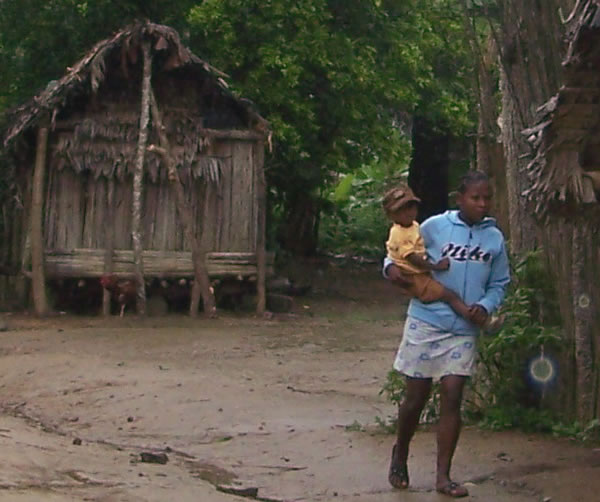7 Things You Must Do TO and FOR Your Small Group Leaders

Can I let you in on a little corner of reality?
Small group leaders are no different than the rest of us. A few of them
(maybe 5 to 10%) are self-starters and have the internal wiring to take
the right steps to grow on their own. The other 90-95% of all small
group leaders need someone to develop and disciple them.
This is a very important concept to understand because whatever you want to happen in the lives of the members of your small groups must happen in the lives of your leaders first. No life-change in the leader, no life-change in the member.Bottom line? If your leaders aren’t being developed and discipled, you cannot expect much to happen in the lives of the members of their groups.
Ready for another dose of reality? If you have coaches in place, this is what you need them to do. If you don’t have coaches in place…developing and discipling your small group leaders is your job.
I’ve been saying for quite a while now that the primary role of a small group coach is to do to and for (and with) your small group leaders whatever you want your leaders to do to and for (and with) their members. What I haven’t said very specifically is what must be done to and for your leaders.
Here is what I believe must be done to and for small group leaders.
Things you must do TO and FOR your small group leaders:
- Offer encouragement and guidance, both unsolicited and upon request, from the very beginning. This is about technique and it’s what most of us would refer to as coaching. It is the tip of the iceberg, but it is where you need to begin in most cases.
- Get to know your leaders. Ask the right questions. Proactively listen. Lean in. It takes about three months for most leaders to learn everything they’re ever going to need to know about technique. If you want to develop and disciple them, you have to know them and they have to know you.
- Give them a sense of family. Make getting to know them and their family a priority. Remember, a small group leader cannot give away what they have not received. If you want your groups to develop a sense of family, your leaders need to have already experienced it.
- Pray for them. First, ask them how you can pray for them. Second, stop what you are doing and pray for them right then. Third, remember to follow up and ask them about their prayer request.
- Help them identify their spiritual next steps. A key role that must be played by someone (whether that is you or a coach) is the same one Paul played with Timothy. The “follow me as I follow Christ” role is really played by someone who is known, not a distant role model.
- Help them take their spiritual next steps. In order for a leader to become more than a good facilitator they need to be able to help group members take spiritual next steps. To do that well, leaders need to have experienced genuine and loving accountability.
- Model for them what they need to do TO and FOR their members. The right coach is really a role model for group leaders. You know you have the right men and women as coaches when they already have the habits you want your leaders to build.
Read the original post for more resources.
